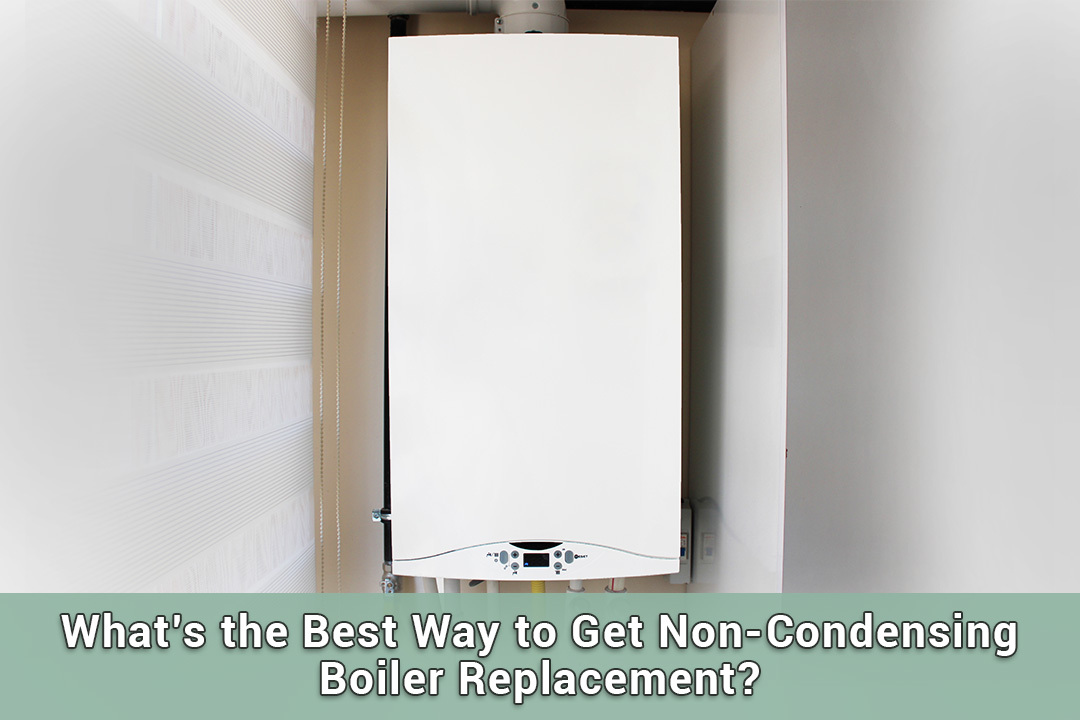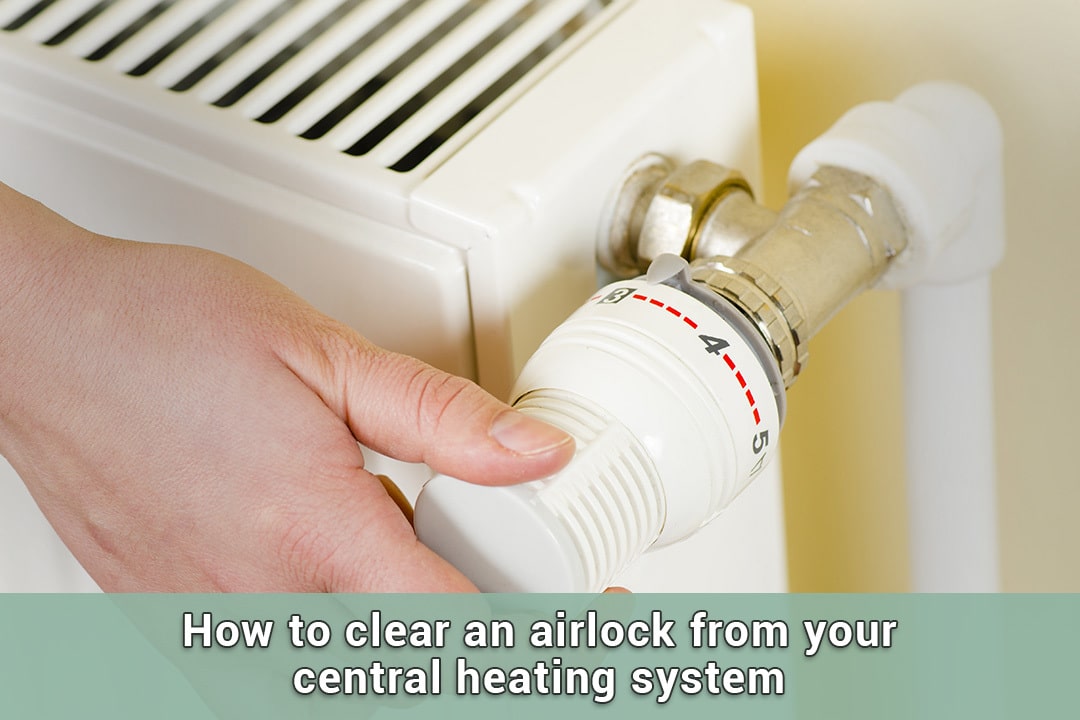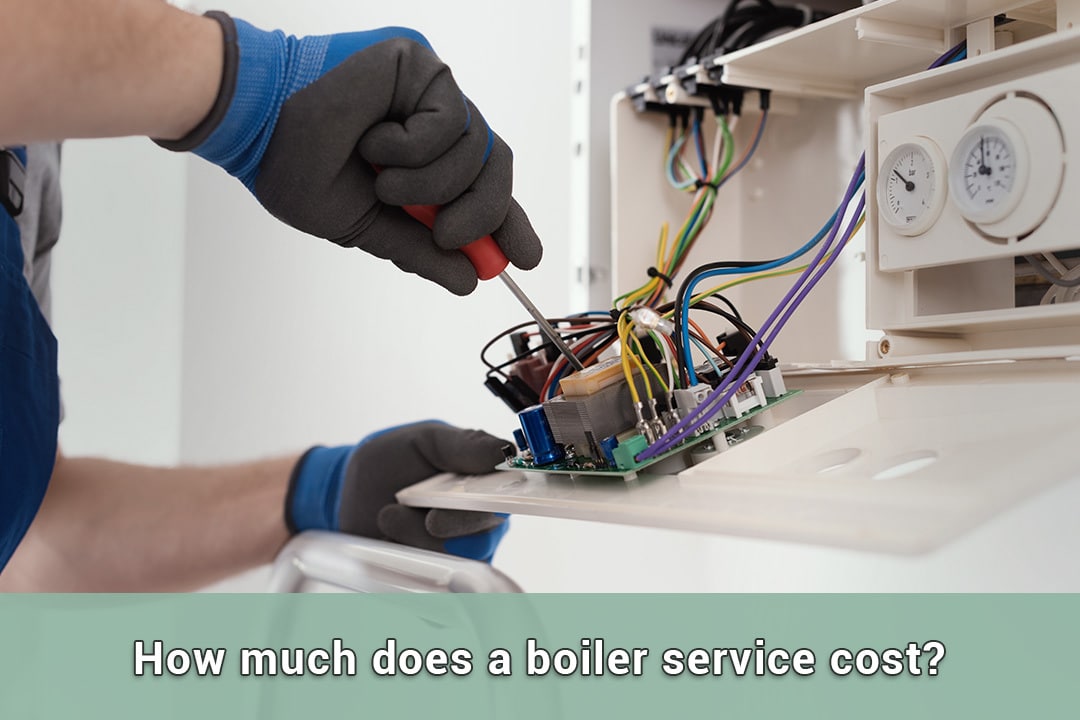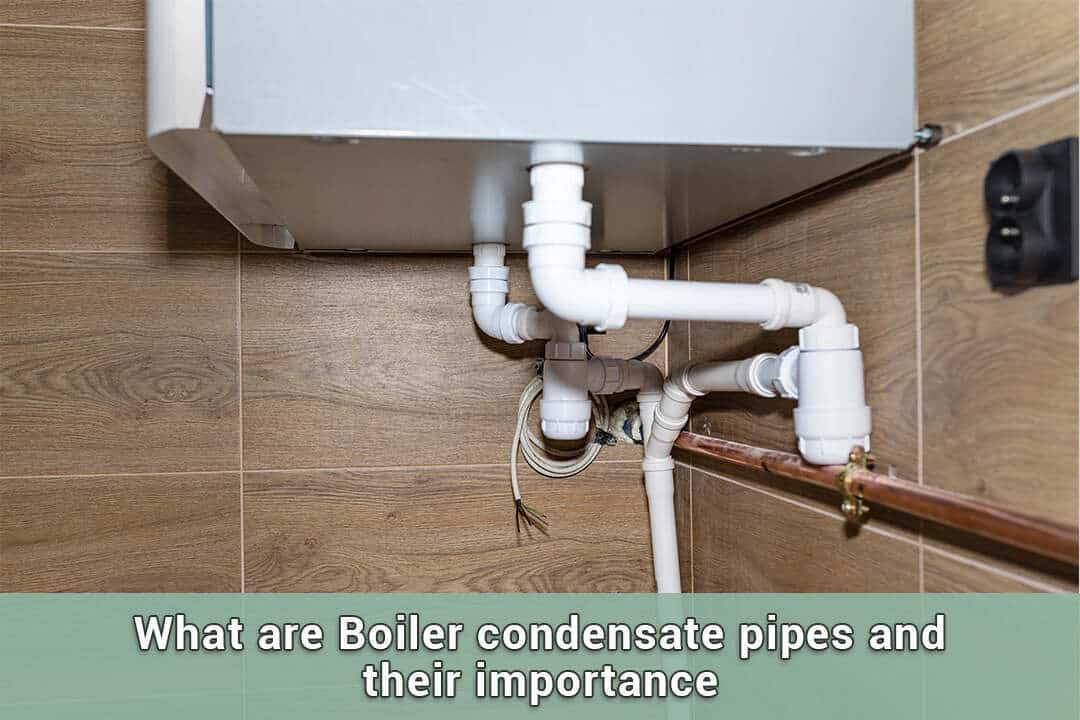Table of Contents
Updating a boiler can help homes in a number of ways. Modern condensing boilers are better for the earth because they use less energy and put out less pollution. Some government schemes may also make it easier for people to buy a new boiler by helping to pay for the cost.
This blog will talk about the pros and cons of replacing old boilers, condensing boilers, how to do it, and getting financial help. We also talk about usual problems and how to maintain a new boiler. This site has everything you need to know to make smart choices about how to heat your home efficiently and without spending anything.
Understanding Non-Condensing Boilers
What are Non-Condensing Boilers?
Boilers that don’t condense water have one burning chamber and one heat exchanger. The heat from the burning gas fuel is sent to the heat exchanger, which heats water or steam. This step lets the chimney and outside air carry burning gases.
The heat that these gases carry away is lost by non-condensing boilers because they don’t recover them. This wasteful phenomenon makes energy costs and carbon pollution go up. Because they use less energy and are better for the environment, homes now choose condensing boilers thanks to technology.
Why Consider Replacing Your Non-Condensing Boiler?
There are many good reasons to get a condensing boiler instead of a non-condensing one. Because they use less energy, condensing boilers may help you save a lot of money on your energy bills. A condensing boiler can be up to 99% efficient because it reuses heat from the flue gas.
This economy lowers carbon pollution and energy use, which is good for the earth. For installation, condensing boilers are better because they are smaller and quieter. Federal carbon pollution rules can also be met by using a condensing boiler. It may save you money and help the environment in the long run to replace your non-condensing boiler with an energy-efficient one.
The Benefits of Upgrading to a Condensing Boiler
Homeowners can get a lot of benefits from condensing boilers. The biggest benefit is that it saves energy, which means less carbon pollution and lower energy costs. Modern heat exchanges reuse heat from waste gas to make condensing boilers work better.
This method cuts down on wasted energy by a huge amount and makes the system work better. Getting a new condensing boiler could save people money and lower their carbon footprint, which would make the future better.
Increased Energy Efficiency and Savings
Because they use less energy, condensing boilers save you money on your energy bills. With a condensing boiler, heat from the flue gas is used instead of being wasted. Because they recover this heat, condensing boilers can use 95% less energy. By using more heating energy to heat water or make steam, this lowers costs and energy use.
Being energy efficient may save money on repairs and upkeep costs because condensing boilers wear out less quickly than non-condensing boilers. When you’re updating, look at different scores for energy economy and choose a condensing boiler that meets your heating needs. You can get help from an energy advisor or a reliable heating tech to find the best option for your home in terms of both cost and efficiency.
Environmental Impact and Carbon Footprint Reduction
By switching to a condensing boiler, you lower your carbon footprint and help the environment. Highly efficient condenser boilers use less energy and put out less carbon dioxide. This option is good for the environment and will save you money on energy costs. Getting rid of your old, non-condensing boiler is good for the environment and lowers your carbon footprint.
Guide for Replacing Non-Condensing Boilers
Assess your current boiler system to determine the right replacement. Choose a condensing boiler that suits your needs. Consider the energy efficiency, installation costs, and potential savings. Prioritise environmental impact and reduced carbon emissions when selecting a new boiler.
Ensure compliance with regulations and access any available grants or schemes for financial assistance. Professional installation is recommended to guarantee a safe and efficient transition. Conduct regular maintenance to prolong the lifespan of your new condensing boiler and optimise its performance.
Government Grants for Non-Condensing Boiler Replacement
It might be easier to pay to switch to a more energy-efficient system if you can find government programmes that repair boilers. In the UK, the Boiler Upgrade Scheme and others help people who qualify by giving them money. These attempts try to get people to use less energy, cut down on carbon pollution, and fight fuel poverty. Homeowners can feel confident about switching to a new condensing boiler if they know who is eligible for these benefits and how to apply.
Eligibility Criteria for Boiler Grants in the UK
People in the UK must meet government standards in order to get boiler assistance. Some of these are buying a home or renting privately, getting help, and having an older boiler. Getting financial help may also depend on how much money you make. These standards must be met by anyone seeking financial aid to replace non-condensing boilers with ones that use less energy.
How to Apply for a Boiler Upgrade Scheme
First, figure out if you can get a boiler upgrade plan based on your income and whether you own your own home. Next, get proof of your income and benefits. Talk to people in charge of the plan or energy providers about how to do it. Send in the forms and wait for permission. Keep up with new ideas and innovations to make sure the application process goes smoothly. Grants are used by these projects to cut down on carbon pollution and make energy use more efficient.
Common Challenges and Solutions in Boiler Replacement
Planning approvals and limits can make replacing a boiler hard, but it’s important to know what to expect during the installation process. With professional help, these problems might be solved. Every aspect must be looked at, including the cost of fuel and maintenance. If you take care of these problems, switching to a new condensing boiler will go more smoothly and meet all the requirements. These common problems can be solved so that a Non-Condensing boiler replacement can be done quickly and easily.
Navigating Planning Permissions and Regulations
Follow all the rules and find out what the locals want to make it easier to get planning permission and upgrade a non-condensing boiler. For special needs, talk to a boiler expert or the right people. Before changing, you must get all the necessary licences. Being cautious and well-informed will help you get through the rules and replace the boiler without any problems. If you know the rules ahead of time, you might save time and avoid problems.
Overcoming Installation Challenges
Even though installation might be hard, you can do it if you know what to do. The most important ones are dealing with scientific difficulty, making sure that new systems can work with old ones, and limited room. Installers with a lot of experience might make the process easier. Plumbing and wiring problems can be avoided and fixed before they happen, which will speed up the installation of your new condensing boiler. By getting past these problems, switching to a heating system that uses less energy will go smoothly.
DIY vs Professional Installation
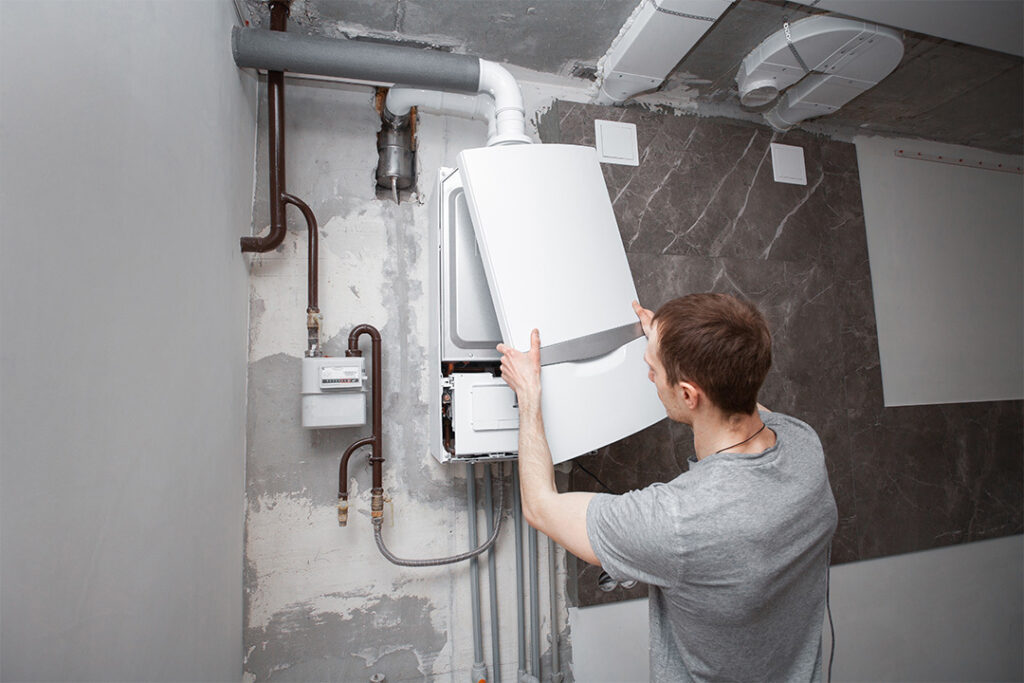
When to Consider DIY Boiler Replacement
Check your comfort level with technical tasks and level of skill before you start replacing your boiler yourself. Replacing a boiler might be fun if you know how to fix things around the house and like doing things by hand. If you’re not sure of your skills or how hard the work is, it might be best to hire someone to do it. If you want to make sure your heating system is safe, you should hire an approved installer to install it. This will give you peace of mind and make sure the job is done right the first time.
The Importance of Government-approved Installation Services
A non-condensing boiler substitute needs to be put in by a professional. Especially, government approved installers make the whole job free for you if you get a boiler through the ECO4 scheme. They make sure that everything goes well, which extends the life and usefulness of your new system.
Customers can rest easy knowing that their knowledge guarantees safe operation and stays away from common risks. A professional installation of your new condensing boiler will make it work better and save you energy. It’s smart to let professionals handle your heating system.
Maintenance Tips for Your New Condensing Boiler
Regular upkeep is important for your new condensing boiler to work well and last a long time. Get your heating system serviced once a year by a professional, who should check the flue and drainage lines. To avoid problems, read the manufacturer’s repair directions for your model.
If you listen for strange sounds and changes in performance and fix them right away, you might avoid big problems. Preventative repair is the best way to keep your heating and hot water working.
Regular Maintenance Schedule
Plan regular repairs for your new condensing boiler to keep it running well. A heating expert may suggest that you get repaired once a year to get the most out of your system. By finding and fixing problems early on, regular repair keeps your heating system reliable and effective.
Regular repair on your boilers saves you money because it makes it use less energy and last longer. Maintaining your equipment will keep it running smoothly and save you money on energy costs.
Troubleshooting Common Issues
If your new condensing boiler runs into problems, check for issues like low water pressure, which can lead to heating failures. Ensure the condensate pipe is not frozen, as this can cause the boiler to shut down.
In case of strange noises or leaks, it’s wise to contact a heating engineer for assistance promptly. By keeping an eye on these common issues and addressing them swiftly, you can ensure your new boiler operates efficiently.
Conclusion
Making changes to a condensing boiler helps the environment and saves energy. Learn how non-condensing boilers work and why you should get a new one. Check out installation and legal problems, and compare do-it-yourself services to skilled ones. Maintaining your new boiler is important to keep it safe.
Follow government grant programmes and the rules for who can get them in the UK. If you do your study and stick to a repair plan, you can switch to a heating system that uses less energy and is better for the world and your home.
People Also Ask
Can I Replace My Boiler Myself?
Replacing a boiler yourself involves risks and complexities. It’s recommended to hire a professional for safety and efficiency, ensuring compliance with regulations. Assess your skills and the task’s complexity before deciding. Seek guidance if unsure.
How Long Does a Non-Condensing Boiler Replacement Take?
Replacing a boiler typically takes 1-2 days for a straightforward swap. However, factors such as system complexity and additional work can extend the process to 3-5 days. Efficient planning and professional installation help minimise downtime.
Recent Blogs
FREE ELIGIBILITY CHECKER

